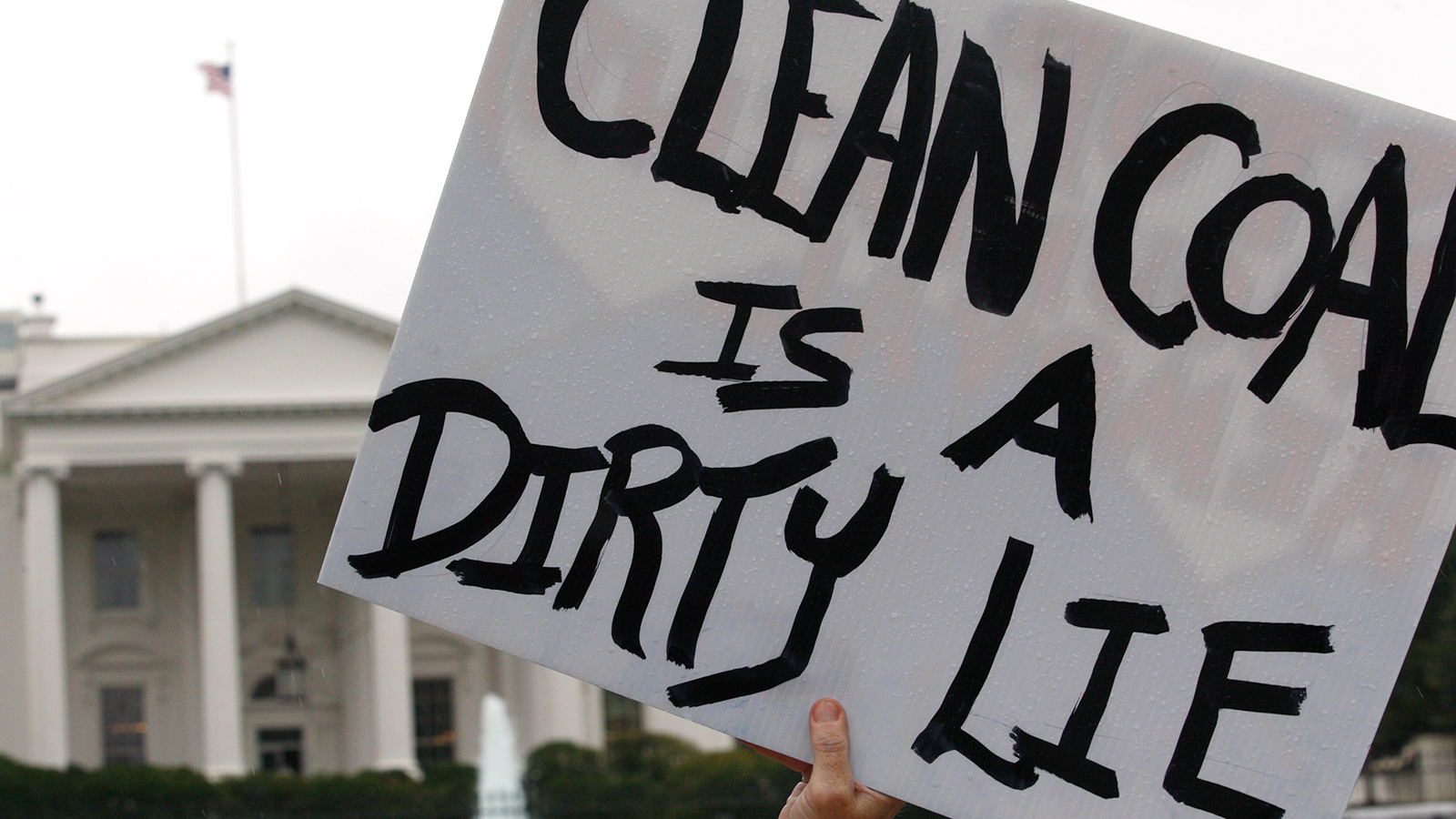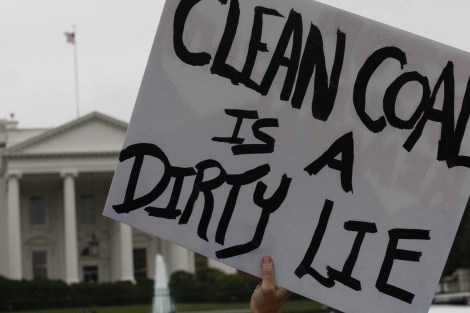We’ve gotten soft. The economic crash of 2008, and then the rise of natural gas from the fracking boom, have gotten us used to small but steady declines in U.S. CO2 emissions. Not anymore. According to the newest Monthly Energy Review from the U.S. Energy Information Administration, released Wednesday, that five-year trend is clearly over.
CO2 emissions from fossil fuels increased by 2.39 percent in 2013. For January and February of 2014, the only months this year for which the EIA has data thus far, carbon emissions increased by 7.45 percent over the same period last year.
The main culprit is coal, and that illustrates the importance of the EPA’s forthcoming regulations for emissions from coal-fired power plants, which President Obama is expected to unveil on Monday. CO2 emissions from coal burning rose by more than 4 percent in 2013 compared to 2012 and are almost 12 percent higher for the first two months of 2014 versus the first two months of 2013.
However, CO2 emissions from natural gas also rose: Just over 2 percent in 2013 compared to 2012, and around 10 percent for the first two months of 2014 compared to January-February 2013.
This will not only exacerbate climate change, but may also have been caused by it. The unusually cold winter in the eastern half of the U.S. meant that people burned more natural gas to heat their homes. That led to more emissions. The increased demand for natural gas also caused its price to spike, leading power plants to burn more coal instead of gas. Climate change may be partly responsible for the terrible winter we endured, thanks to the Polar Vortex. (Long story short: The warmer temperatures and melting ice in the Arctic alter wind patterns bringing colder air into the Lower 48 states.)
In other words, climate change is a terrible feedback loop, causing more of the very emissions that make global warming happen in the first place. And natural gas, which accounts for almost as much total emissions as coal, is not going to break the chains of our fossil fuel dependence. Only strict regulations will achieve that. On Monday, we’ll find out just how strict some of those regulations will be.




